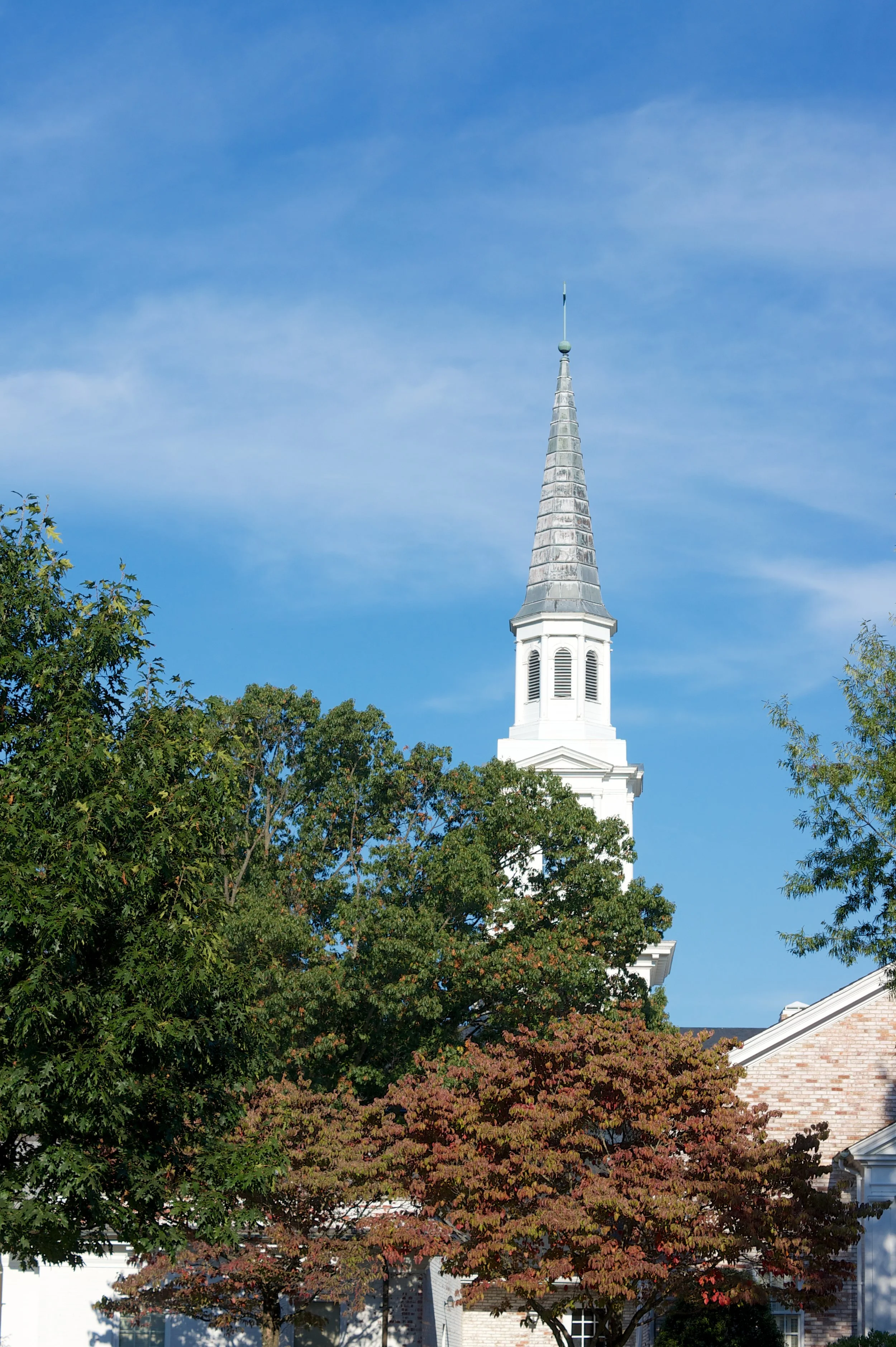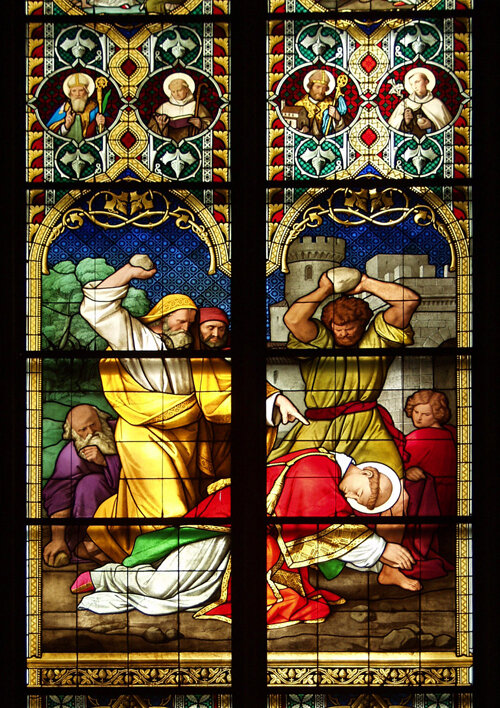Synopsis:
On the Sixth Sunday of Eastertide, Jesus promises to send the Holy Spirit, the Paraklete or the Advocate, who will come beside them and walk with them after Jesus has left. Yet, Jesus leaves them in the body but his promise of the Holy Spirit is to not leave them orphaned. In the story of the Exonerated Five (formerly called the Central Park Five), we see the resilience of love and what it means to be not left orphaned but advocates for those our society forgets who God will not ever forget.











